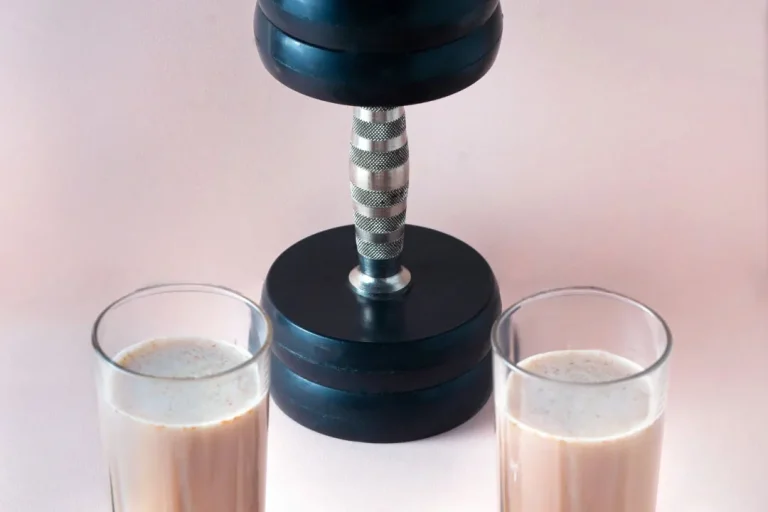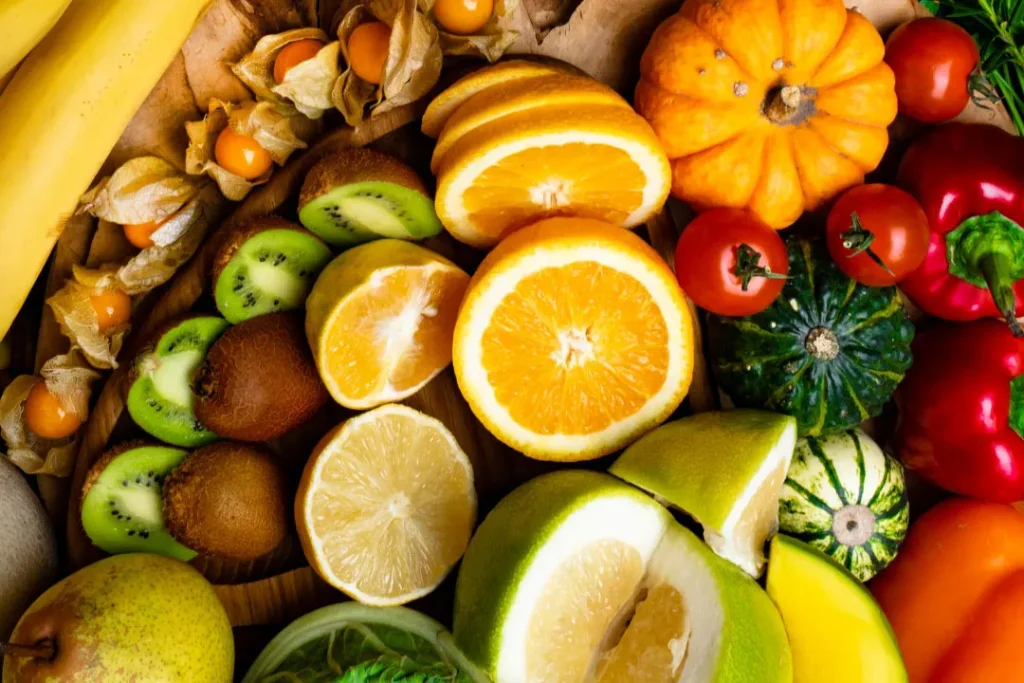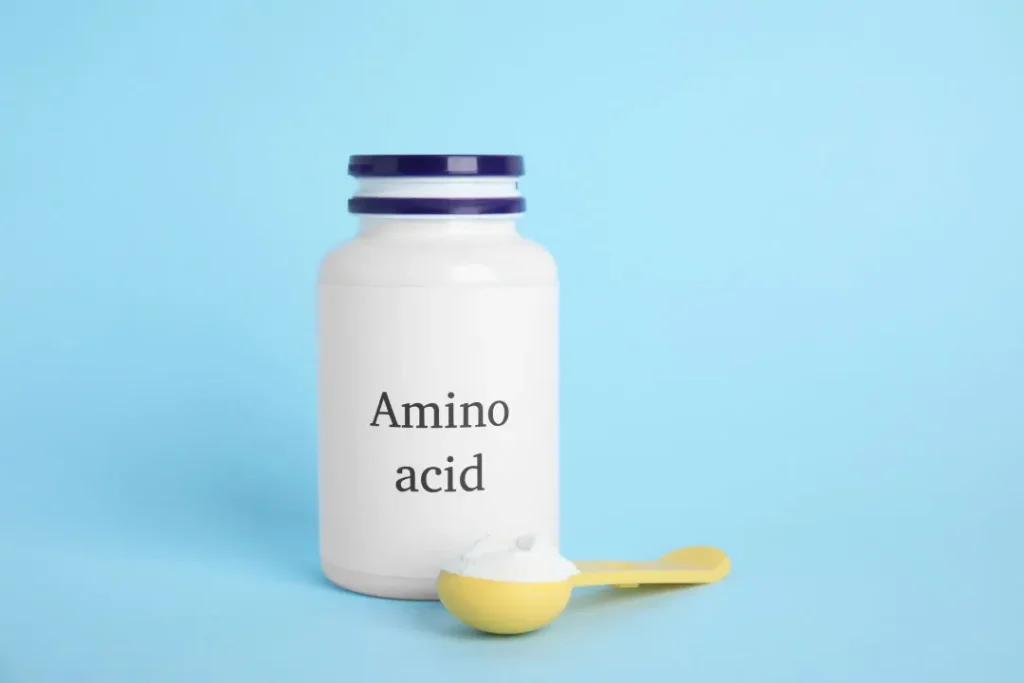
In the world of exercise and fitness, recuperation is essential to getting the best outcomes. Keeping up-to-date with the best methods for recuperation will help you get the most out of your fitness routine, whether you’re a seasoned athlete or just beginning your fitness adventure. Collagen has long been a fitness recovery secret that has begun to attract attention for its outstanding advantages.
We’ll delve into the realm of collagen and examine how it affects workout recovery in this article, illuminating why it’s become a necessity for fitness aficionados. We’ll look at the science of collagen, its advantages, and how it can change the way you work out.
You May Also Like:
5 Best Supplements for Brain Fog Reviewed and Ranked
Boomers Forever Young: Creating the Best Nutritional Supplements for Seniors
Collagen for Workout Recovery: Unveiling the Secret Weapon for Optimal Fitness Results is an original (SmartDrugs&Supplements) article.
Collagen for workout recovery:
Understanding collagen
The body’s most prevalent protein, collagen, serves as the structural underpinning for connective tissues such as tendons, ligaments, skin, and muscles. It gives these essential parts strength, elasticity, and support, which promotes total physical health. It’s interesting to note that collagen accounts for nearly 1/3 of the proteins in the human body, underscoring its critical function.
The “building block” of the body, collagen serves as the underlying framework for a variety of vital tissues. This extraordinary protein is created by specialized cells known as fibroblasts, which work nonstop to preserve tissue integrity and guarantee the structural stability of the body. Its importance is demonstrated by the fact that it makes up around one-third of the protein in the human body.
There are various forms of collagen, with type I, II, and III being the most prevalent. Skin, tendons, bones, and ligaments all contain type I collagen, giving these tissues their tensile
strength and durability. While type III collagen contributes to the formation of organs, blood vessels, and muscles, type II collagen, which is predominant in cartilage, is in charge of cushioning and supporting joints.
Collagen production naturally declines as we age, causing noticeable issues including decreased skin elasticity, stiffness in the joints, and slower healing after injuries. Therefore, it becomes increasingly crucial to use collagen supplements to replace the body’s natural resources and promote its regenerative activities. We can unleash collagen’s potential as a critical tool for the best fitness outcomes and general well-being by comprehending its intricate role in the body.
Collagen for workout recovery:
The connection
Microtears in muscle fibers occur during vigorous exercise, causing discomfort and exhaustion. The amino acids in collagen aid in healing these microscopic injuries, speeding up recovery and improving overall muscle health. They also help to lower inflammation and boost our joint health.
When we consider the function of glycine, the relationship between collagen and post-workout recovery becomes even more obvious. This amino acid not only supports muscle recovery but also tranquility and relaxation, assisting in reducing the stress that strenuous exercise may cause.
Additionally, because proline and hydroxyproline are present in collagen peptides, the body has access to the building blocks it needs to develop and repair connective tissues, such as tendons and ligaments, which are frequently stretched during strenuous physical activity.

Benefits of collagen for workout recovery
The advantages of collagen for recovering from exercise apply to many different facets of physical health.
- Better muscular regeneration: Since collagen supports the body’s natural regenerative processes, muscular tissues repair quickly, enabling you to recover more rapidly and exercise harder.
- Joint support: Hard workouts can strain joints, resulting in pain and stiffness. By providing cartilage the essential building blocks it needs and reducing joint inflammation, collagen supports the maintenance of joint health.
- The health of tendons and ligaments: Collagen strengthens tendons and ligaments, increasing their resistance to damage. Athletes who participate in sports that put a lot of stress on their connective tissues will especially benefit from this.
Collagen for workout recovery:
Collagen-boosting nutrients for optimal recovery
In addition to taking collagen directly, certain nutrients are essential for promoting collagen synthesis, which maximizes collagen’s ability to improve post-workout recovery. The strong antioxidant vitamin C is essential for collagen production. It produces collagen from proline and lysine, assisting in the development of collagen fibrils. Vitamin C-rich meals, such as strawberries, bell peppers, and citrus fruits, can promote collagen synthesis and tissue repair.
Zinc, a necessary mineral, is involved in the production of collagen and the healing of wounds. It functions as a co-factor in the enzymatic processes necessary for collagen synthesis. Zinc-rich foods like pumpkin seeds, oysters, and lean meats can help to maximize collagen synthesis.

Collagen for workout recovery:
Collagen-rich diet for enhanced fitness
Adopting a collagen-rich diet can offer beneficial nutrients that support your workout efforts and enhance your general well-being in addition to collagen supplements. The nutrient-rich elixir known as bone broth is a great source of collagen. By cooking animal bones and connective tissues, collagen peptides, amino acids, minerals, and gelatin are extracted, giving rise to this tasty broth. After a strenuous workout, sipping on a warm cup of bone broth replenishes collagen storage and supplies vital nutrients that promote tissue repair and recuperation.
Seafood and fish are also fantastic additions to a collagen-rich diet. Fish with collagen-rich skin, bones, and connective tissues include salmon, tuna, and shellfish. These seafood dishes add extra collagen to your diet, supporting your body’s natural collagen production. Additionally, fish and shellfish are well-known for containing numerous omega-3 fatty acids, which have anti-inflammatory properties and can aid in workout recovery.
Additionally, collagen-rich foods like chicken skin and pork rinds can contribute to the supply of collagen-building components. Unknown sources of collagen include bone-in beef cuts and sweets high in gelatin. A well-balanced diet that includes a variety of collagen-rich foods supports your body’s manufacture of collagen and aids in workout recovery.
Remember that the effects of collagen can be maximized for improved fitness and general health when combined with a balanced and varied diet and high-quality collagen supplements. You can advance your fitness goals by adopting a diet high in collagen.

Collagen for workout recovery:
Collagen and long-term fitness goals
The advantages of collagen go beyond quick post-workout recovery. Collagen can also significantly contribute to long-term fitness objectives and general health.
Injury avoidance is one of its major benefits. Collagen aids in injury prevention by fostering tendon and ligament health, enabling athletes to maintain consistency in their training. Uninterrupted training encourages long-term growth and can help you to reach fitness objectives.
Additionally, collagen promotes long-term exercise regimens. Recovering quickly and effectively lowers the chance of overtraining and burnout, making fitness pursuits a lifetime journey.
Integrating collagen into your exercise routine is more than just a quick cure; it’s an investment in your body’s toughness and ability to succeed in the fitness industry.
Frog Fuel Power Protein distinguishes itself as one of the best high-quality collagen supplements on the market. Frog Fuel offers a wide selection of effective products that can help to boost post-workout recovery and enhance athletic performance. The company strives to ensure you get the most out of each dose by designing its collagen supplements to be readily absorbed by the body.
Frog Fuel Power Protein comes in ready-to-drink packets and contains no sugar, fat, gluten, lactose, or GMOs. The distinctive nano-hydrolyzed collagen in Frog Fuel Power Protein is one of its important characteristics. With the aid of Frog Fuel’s cutting-edge technology, collagen is broken down into smaller, more accessible peptides that the body can quickly absorb and use. This translates into quicker results and more effective recovery from demanding workouts.
Collagen for workout recovery:
Try it yourself
When it comes to post-workout recovery and overall athletic performance, collagen is without a doubt a game-changer. It is a crucial supplement for both athletes and fitness enthusiasts because of its distinctive amino acid profile, which supports muscle regeneration, joint health, and connective tissue strength. You may elevate your fitness journey and more quickly and effectively reach your fitness objectives by ensuring that collagen is included in your diet.
Remember that recuperation is just as important as actual exercise, and collagen provides a safe, efficient natural solution to enhance your recovery. So tap into collagen’s power and see how it can completely change the way you approach your training.

Further Reading For Additional References:
Cleveland Clinic: Collagen
National Library of Medicine: The effects of collagen peptides on muscle damage, inflammation and bone turnover following exercise: a randomized, controlled trial
National Library of Medicine: Effects of 12 Weeks of Hypertrophy Resistance Exercise Training Combined with Collagen Peptide Supplementation on the Skeletal Muscle Proteome in Recreationally Active Men
Eating Well: 10 Collagen-Rich Foods To Add to Your Diet
Good Housekeeping: Do Collagen Supplements Work? Experts Explain the Potential Benefits
Important Note: The information contained in this article is for general informational purposes only,and should not be construed as health or medical advice, nor is it intended to diagnose, prevent, treat,or cure any disease or health condition. Before embarking on any diet, fitness regimen, or program of nutritional supplementation, it is advisable to consult your healthcare professional in order to determine its safety and probable efficacy in terms of your individual state of health.
Regarding Nutritional Supplements Or Other Non-Prescription Health Products: If any nutritional supplements or other non-prescription health products are mentioned in the foregoing article, any claims or statements made about them have not been evaluated by the U.S. Food and Drug Administration, and such nutritional supplements or other health products are not intended to diagnose, treat, cure, or prevent any disease.